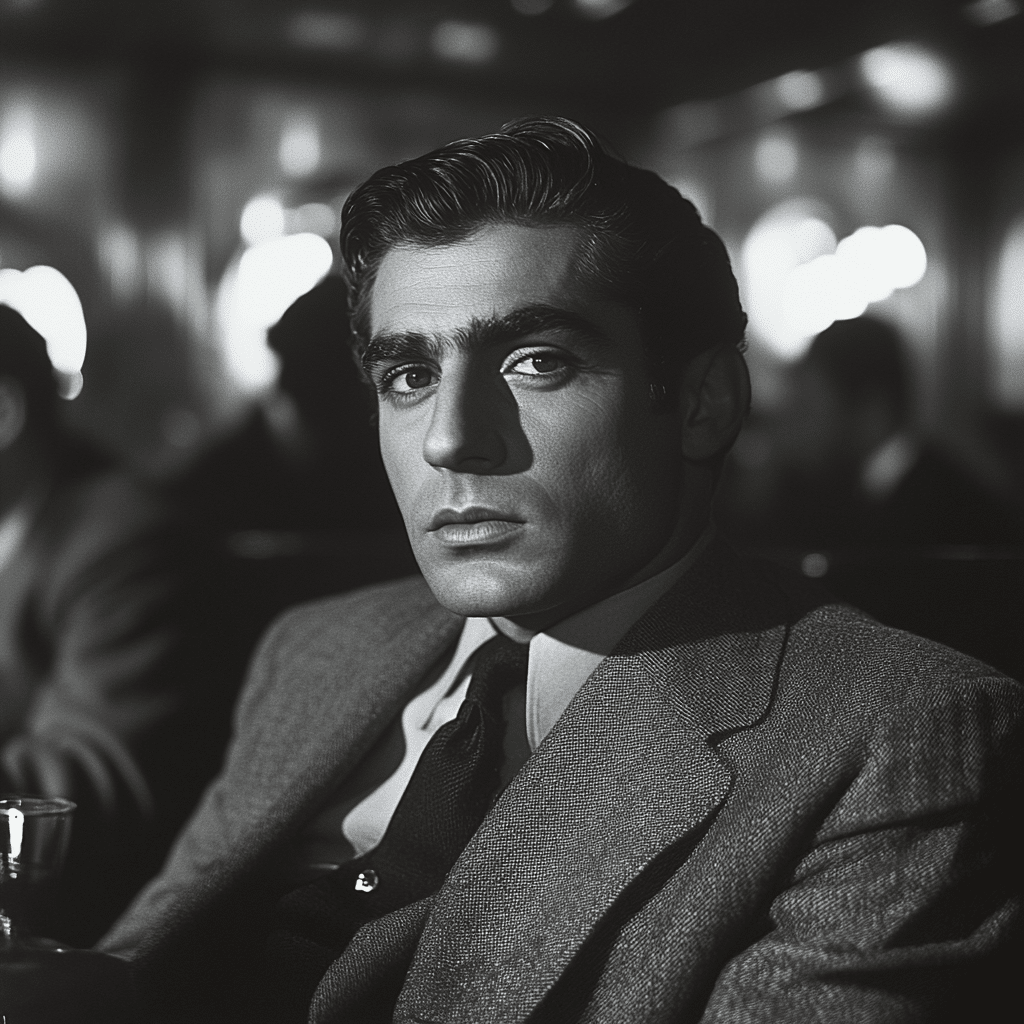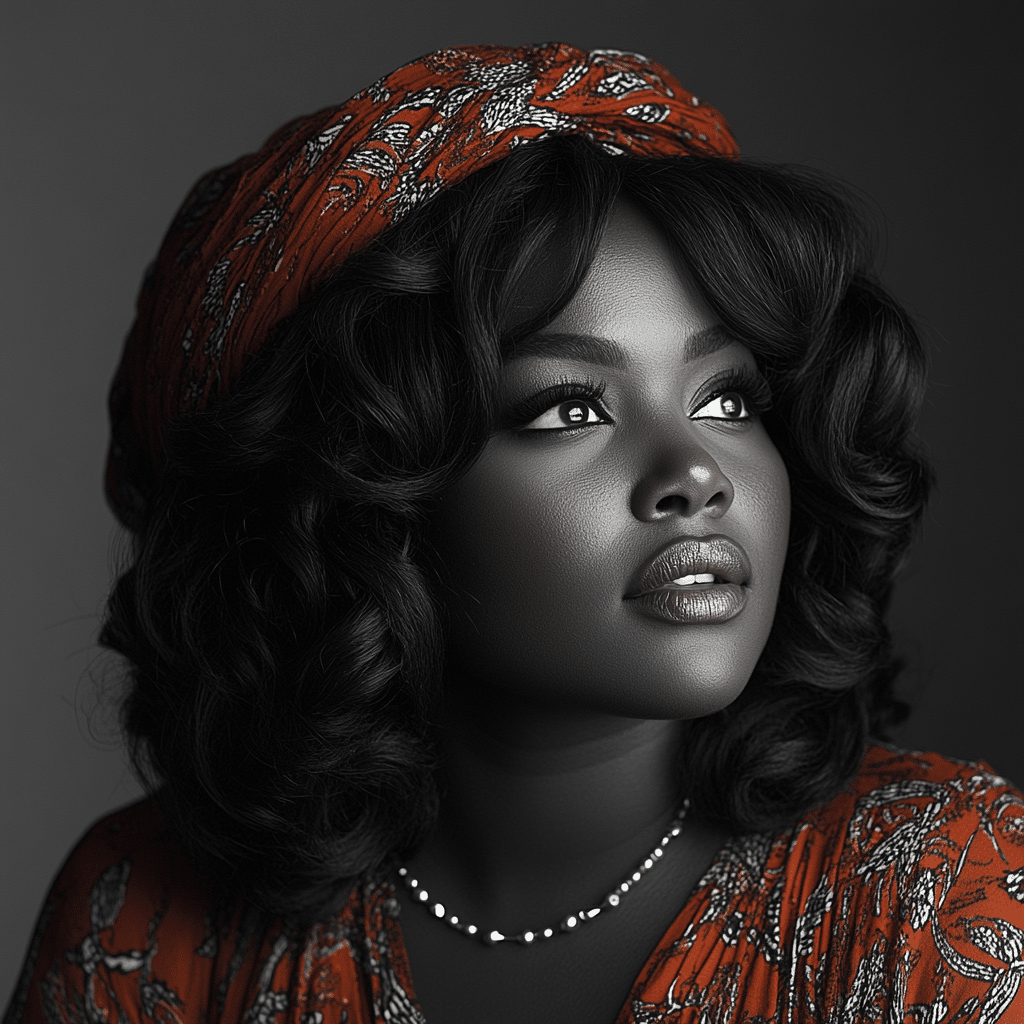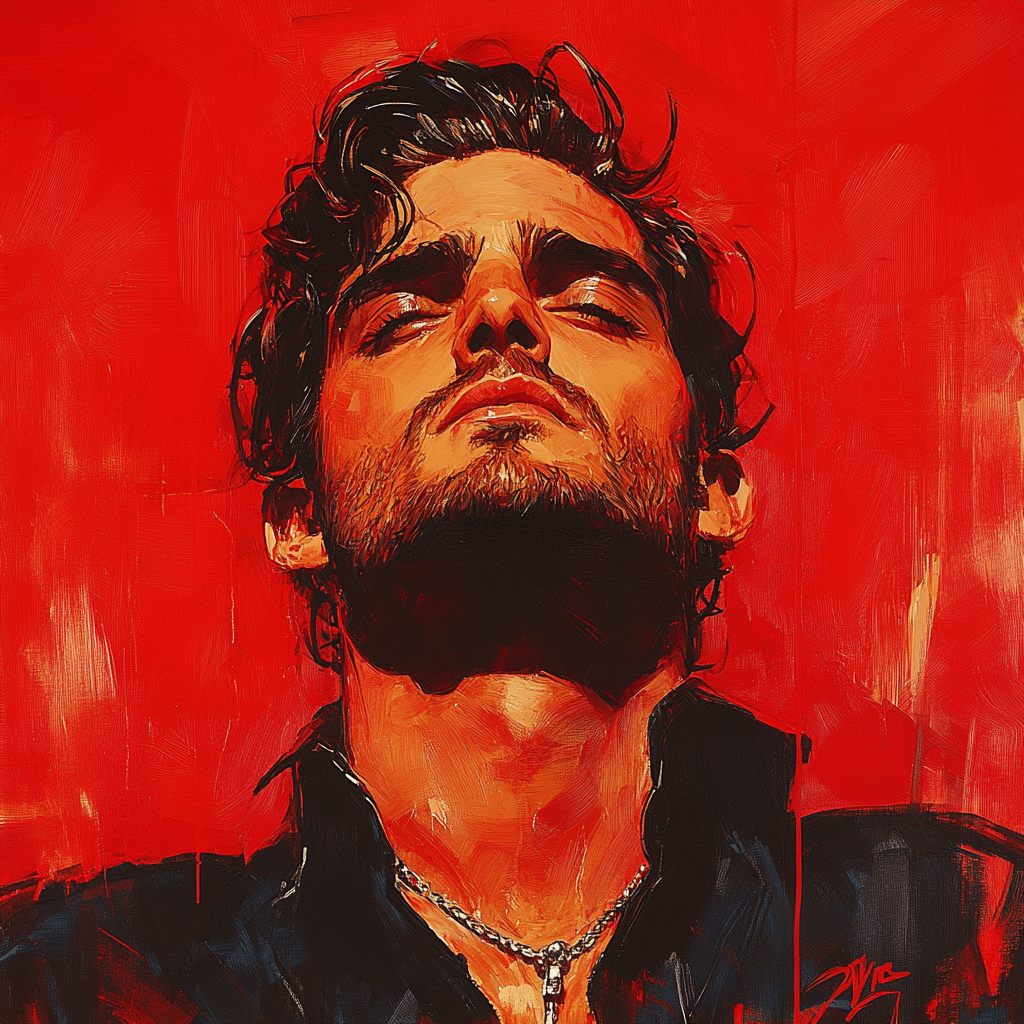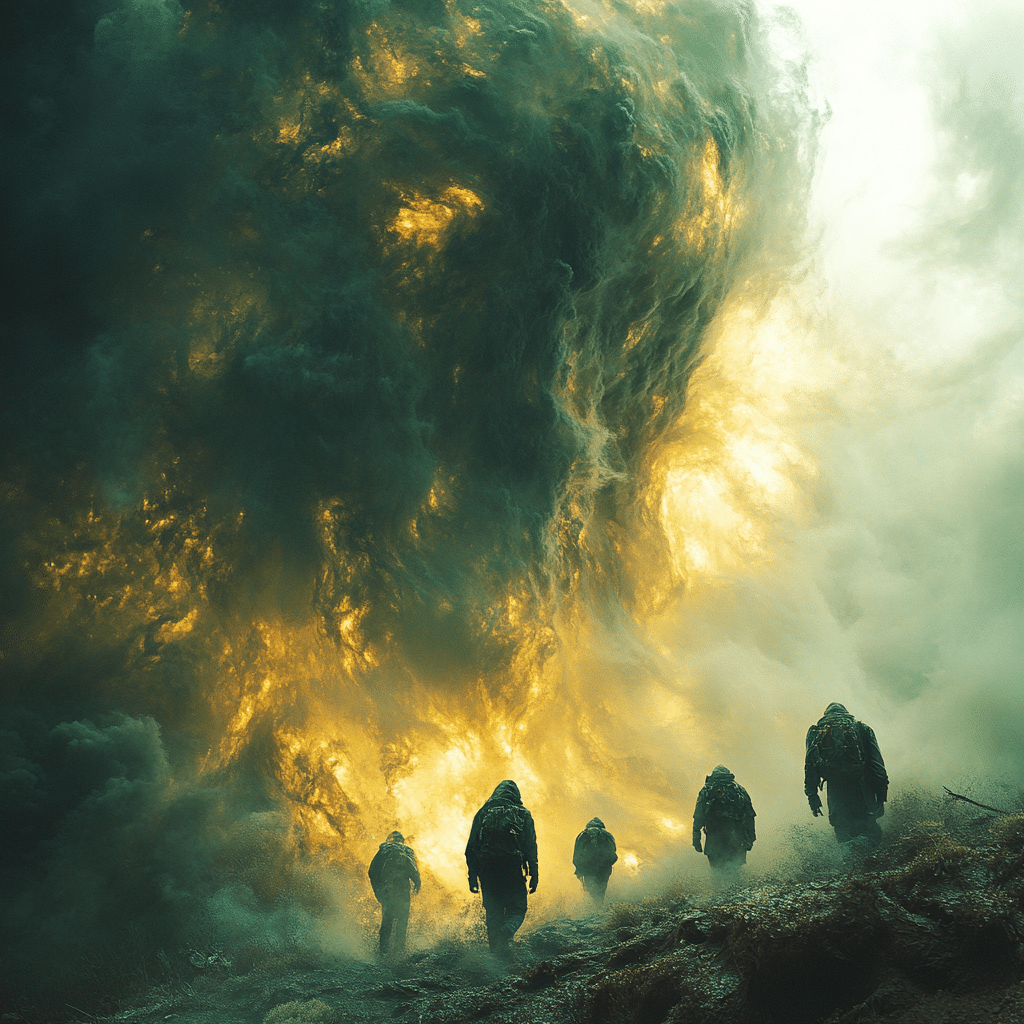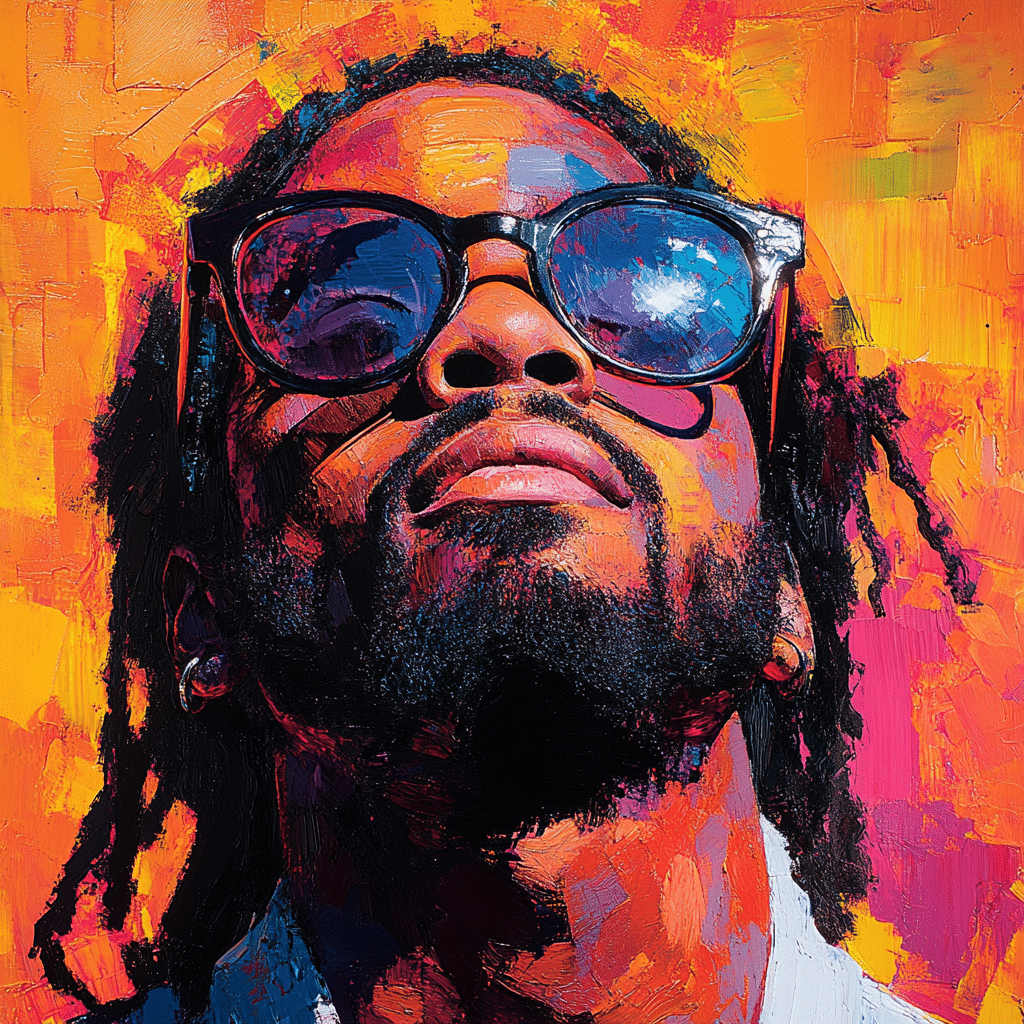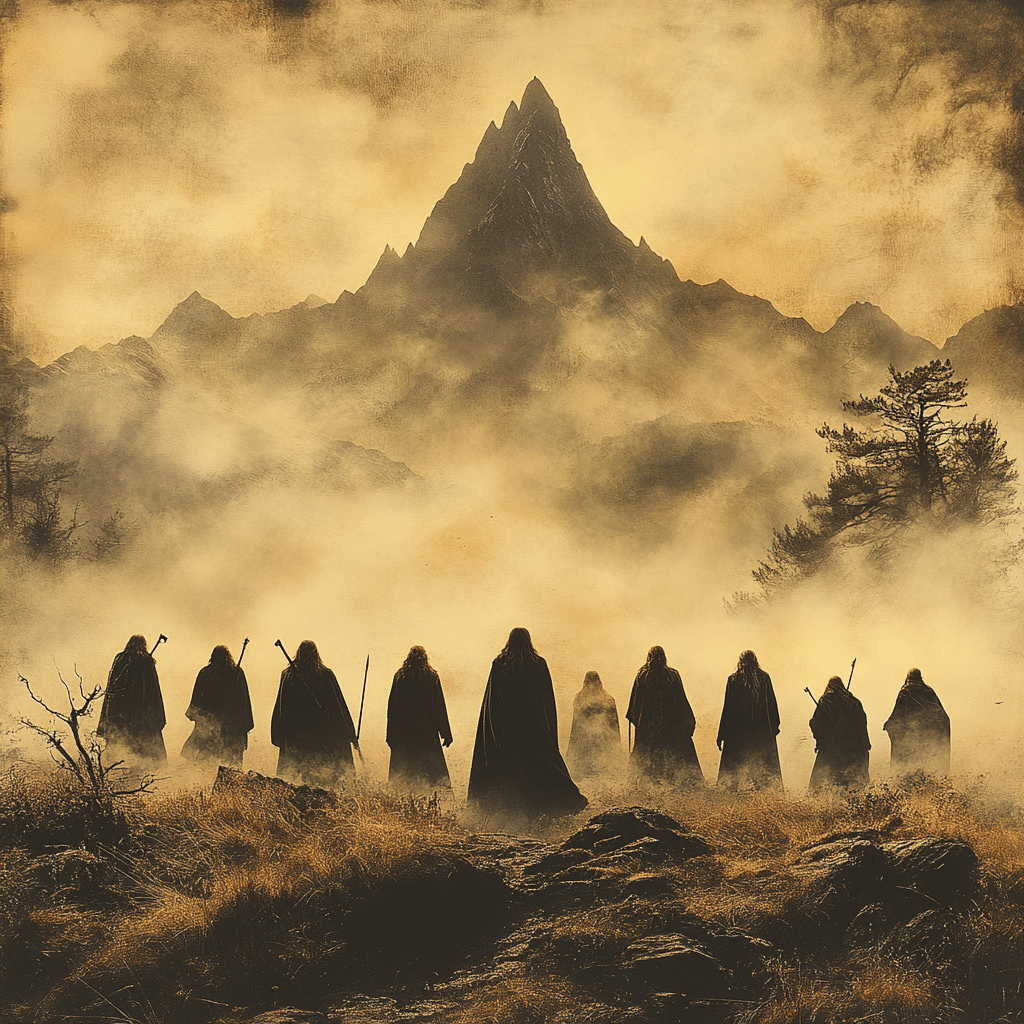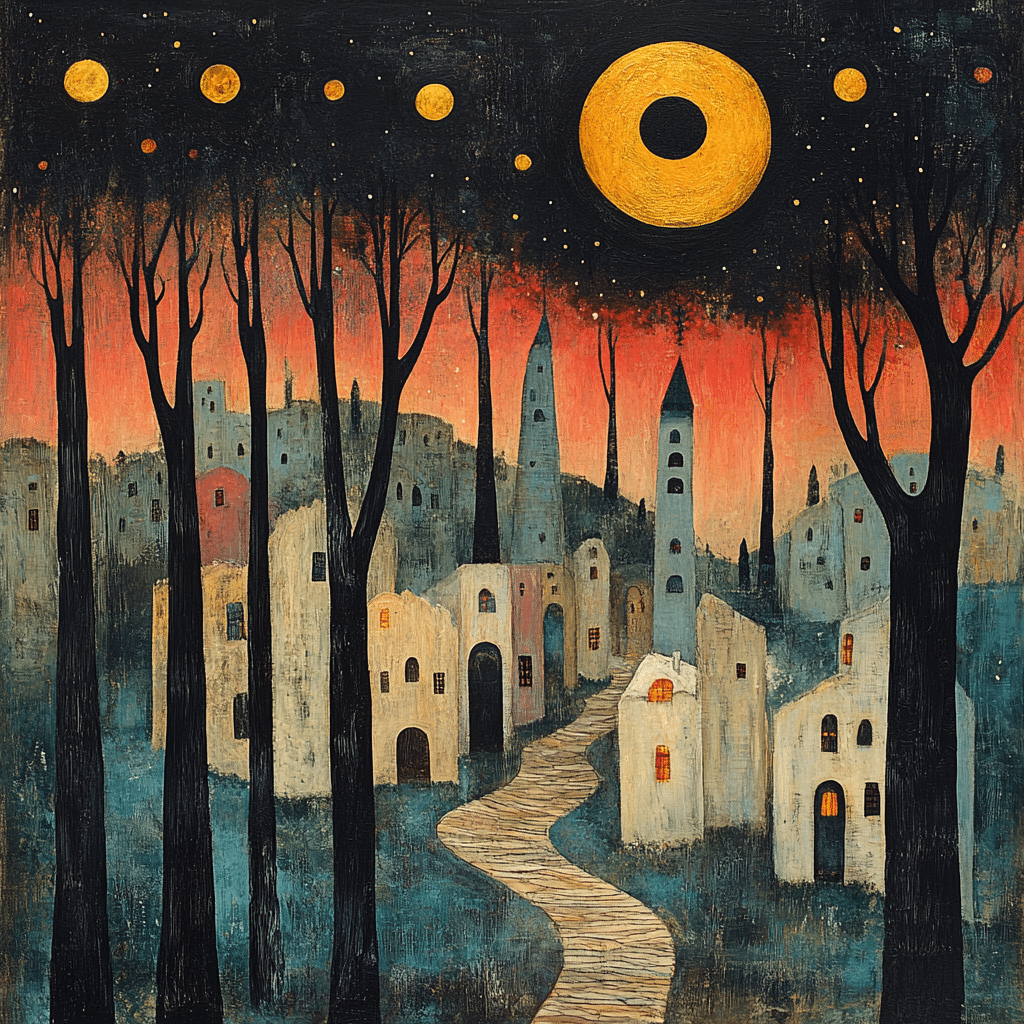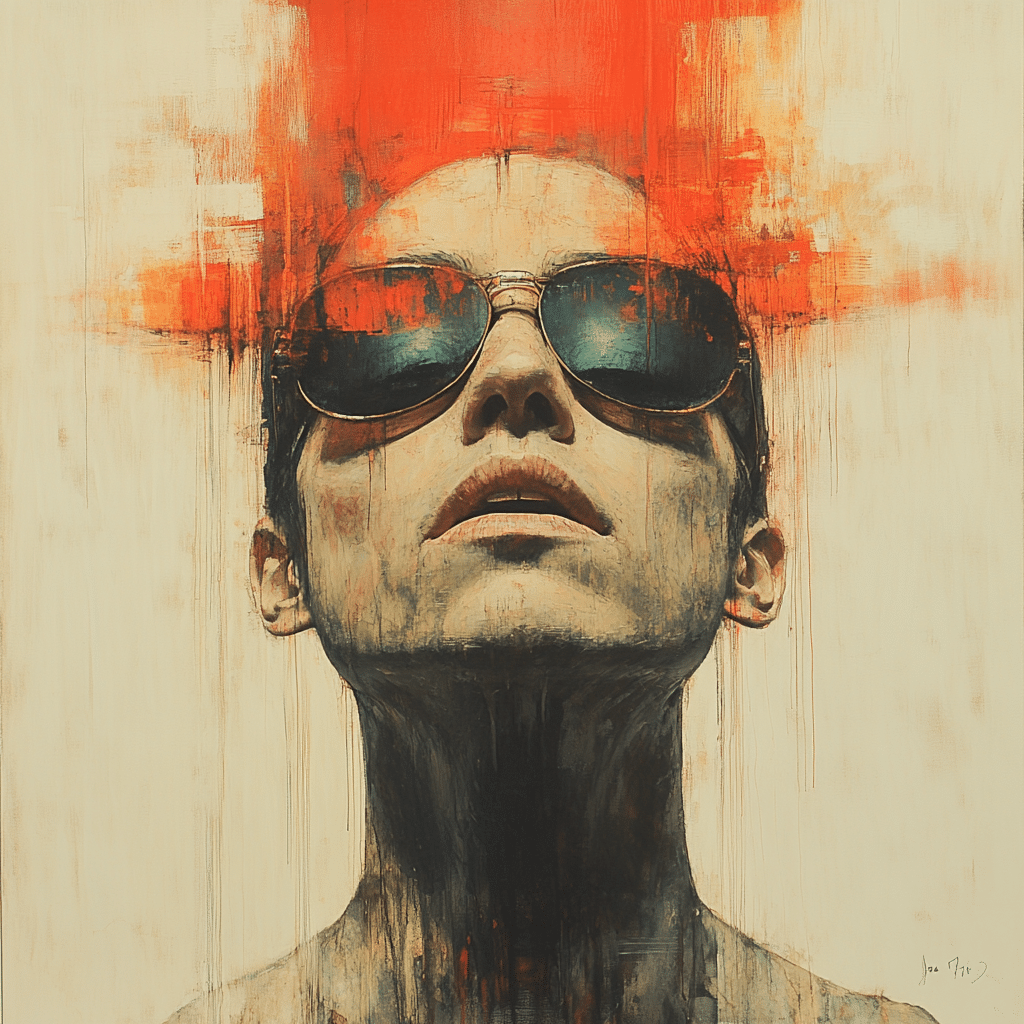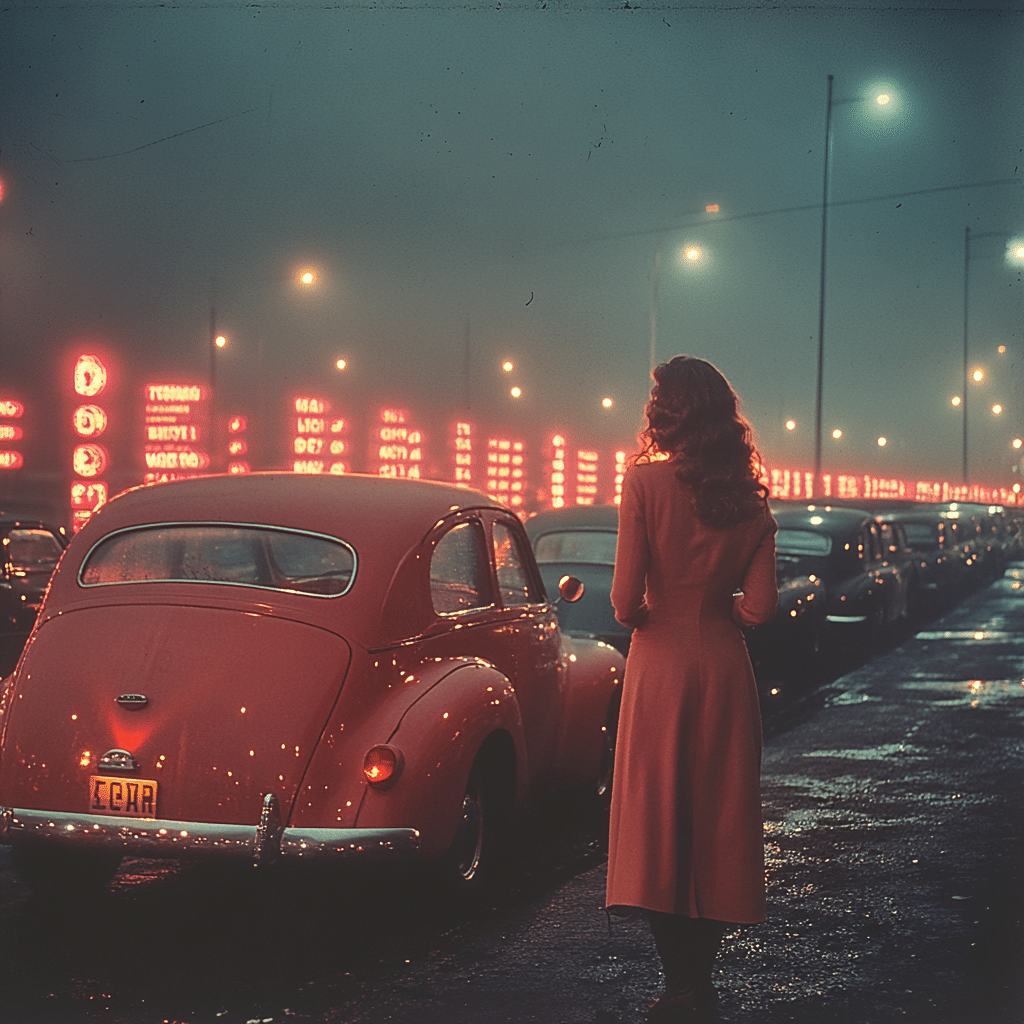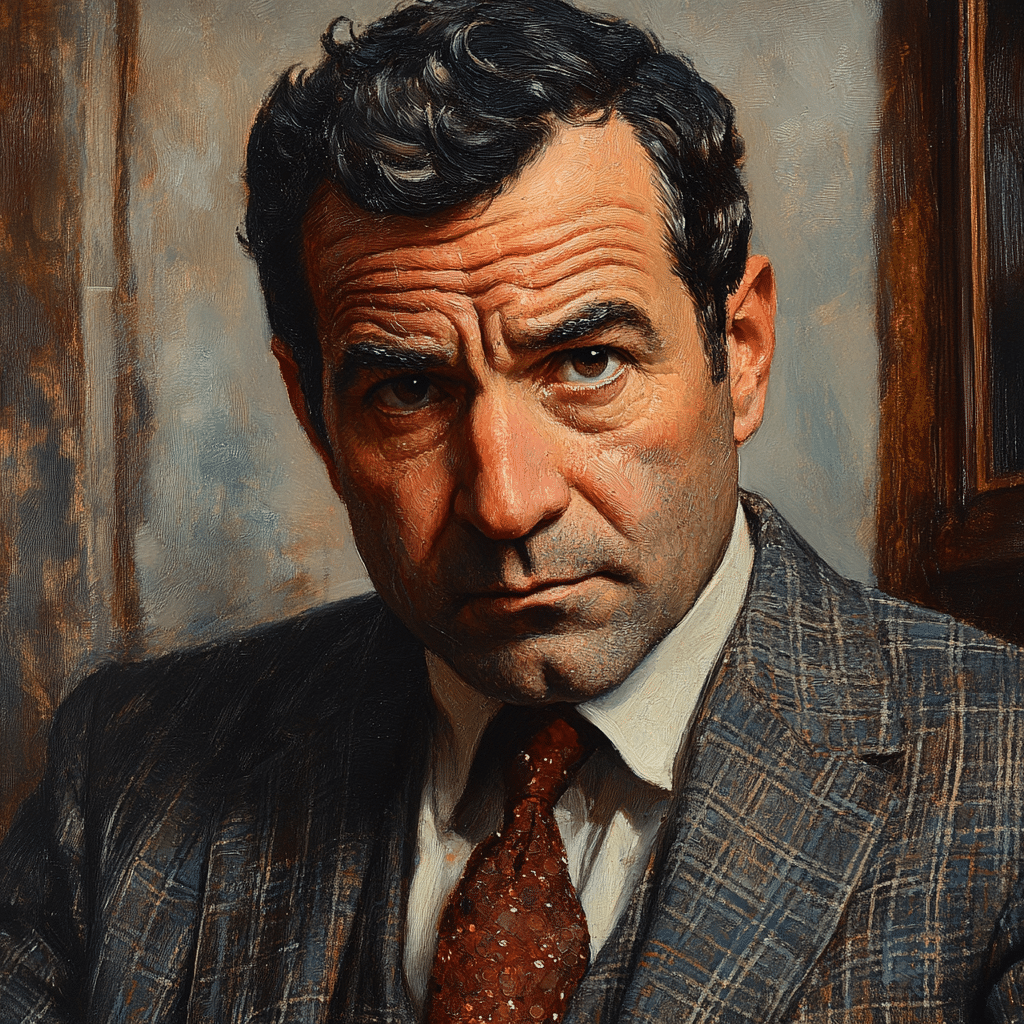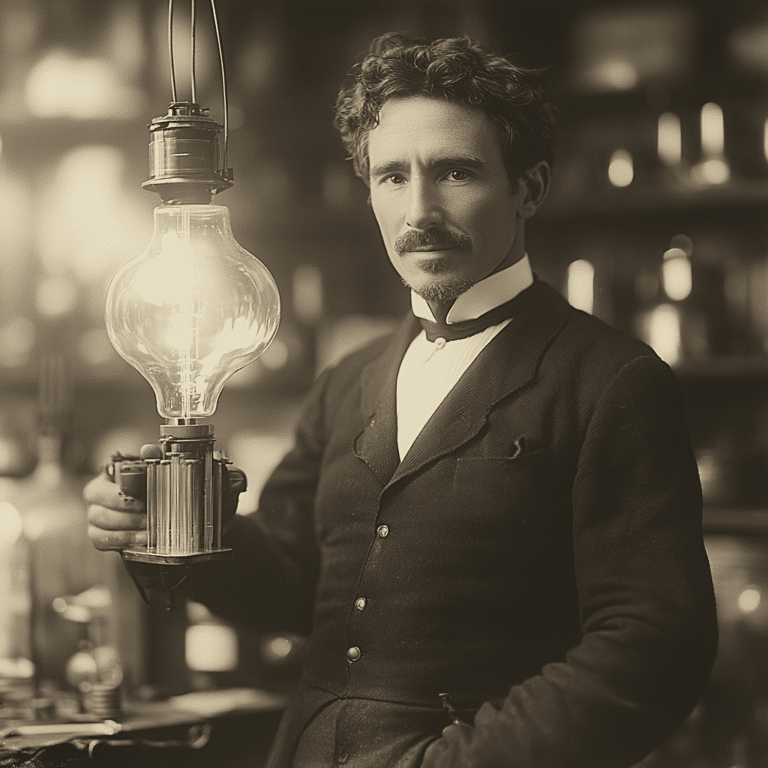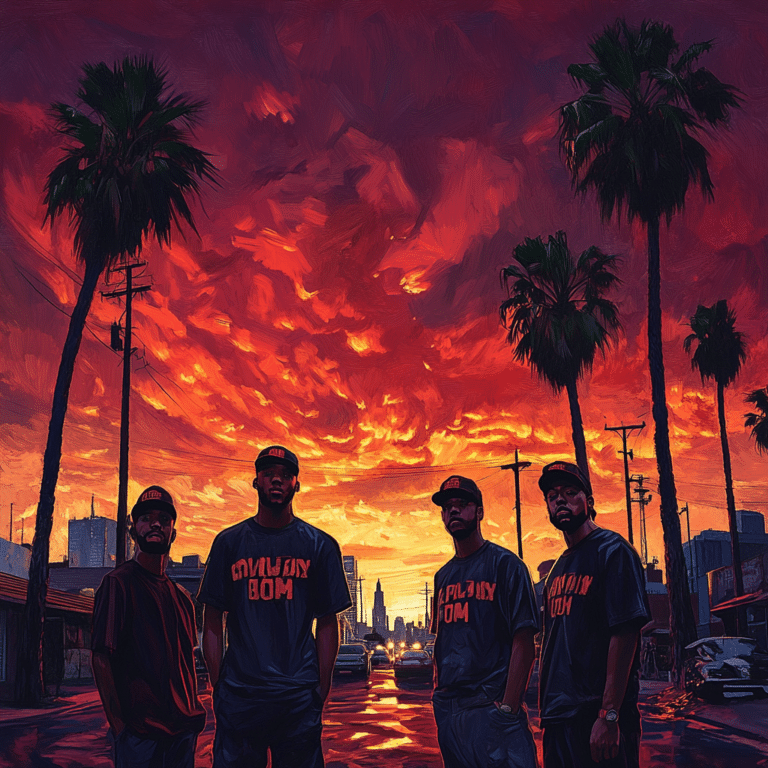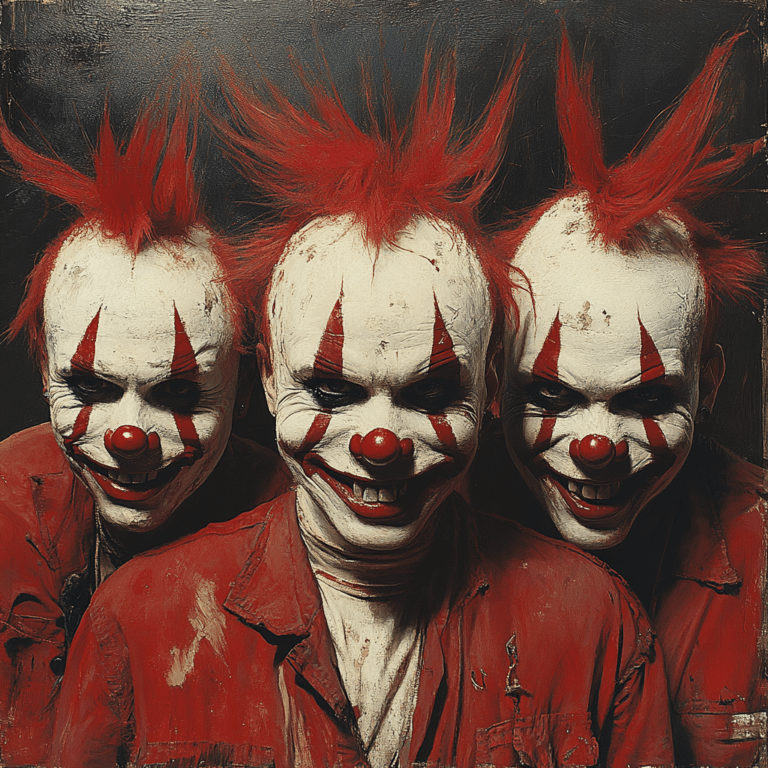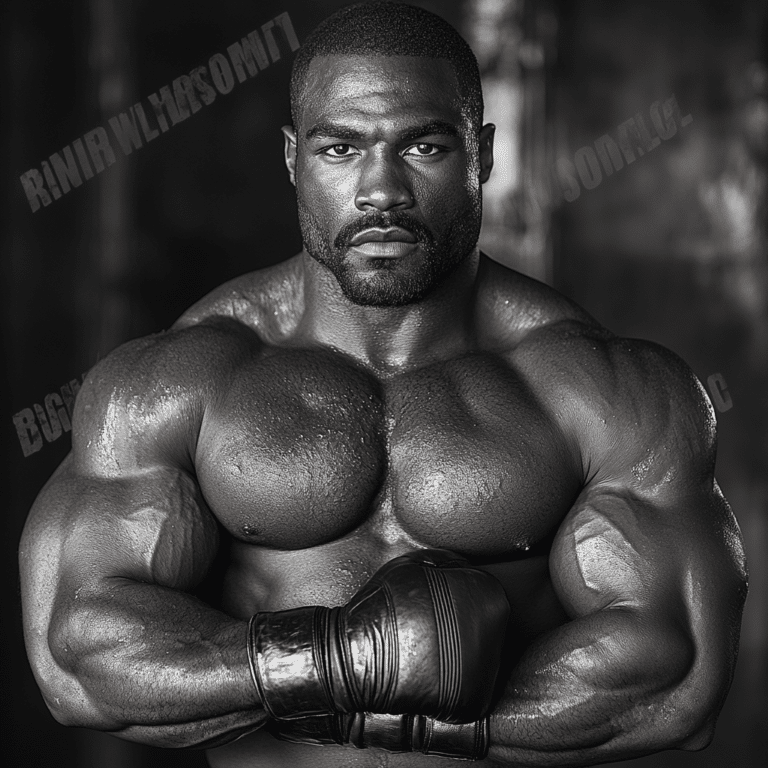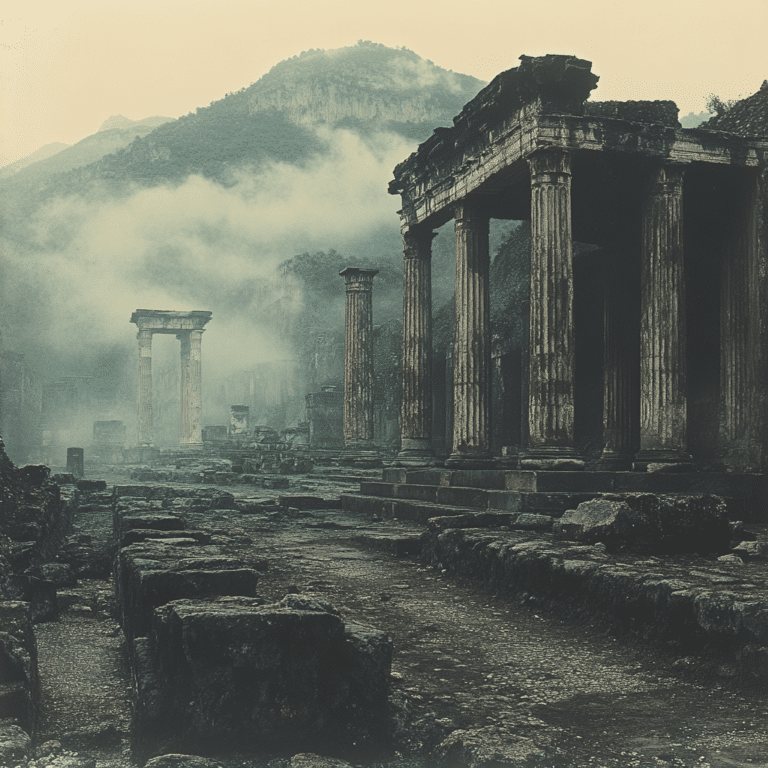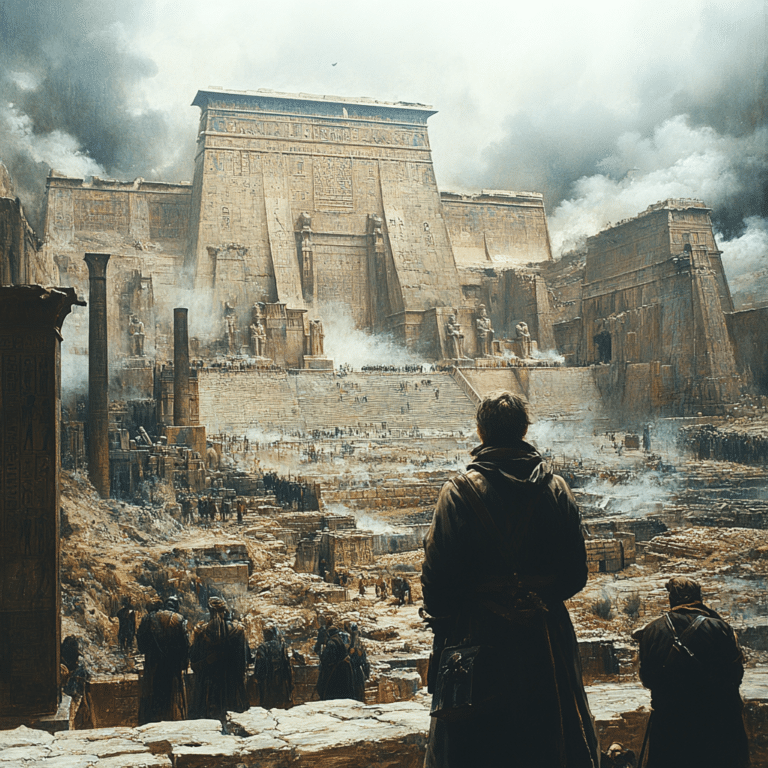When it comes to cinematic brilliance, Martin Scorsese stands at the top of the list. His filmography stretches over an impressive five decades, showcasing films that have not just entertained but reshaped the movie industry as we know it. In this article, we’ll take a closer look at the evolution of Scorsese’s work, highlighting both his iconic films and hidden gems, and diving into the influences behind his artistry. So grab your popcorn; we’re going on a cinematic journey through the martin scorsese filmography!
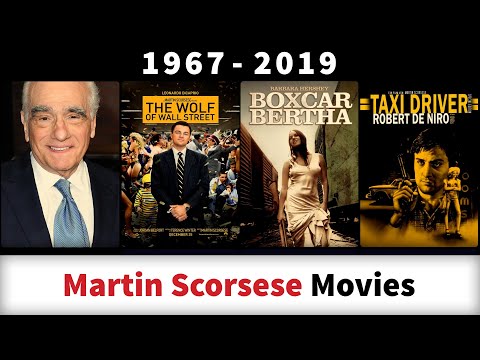
Top 7 Essential Films in Martin Scorsese’s Filmography
1. Taxi Driver (1976)
“Taxi Driver” is nothing short of a classic. It tackles serious themes like isolation and mental health through the eyes of Travis Bickle, brilliantly acted by Robert De Niro. Scorsese’s groundbreaking use of voiceover and gritty visuals gives us a close look at urban decay, making us ponder the moral gray areas of life in a big city. It’s haunting, thought-provoking, and might just make you rethink that cab ride home.
2. Goodfellas (1990)
You can’t talk about the martin scorsese filmography without mentioning “Goodfellas.” Often hailed as one of the greatest gangster movies, it offers a rollercoaster ride through the life of mobster Henry Hill, played by Ray Liotta. The film’s fast-paced editing and authentic portrayal of mob life pull you in and won’t let you go. Scorsese turns the glamour of crime into a gritty reality; somehow, you feel both enamored and horrified at the same time.
3. Raging Bull (1980)
This film isn’t just about boxing; it’s a deep dive into human nature. De Niro shines as Jake LaMotta, capturing both the physical strength and emotional weakness of a man battling his inner demons. The black-and-white cinematography adds to the film’s emotional weight, reminding us that sometimes, our fight is more internal than anyone realizes.
4. The Departed (2006)
“The Departed” is a masterclass in tension and storytelling. With a star-studded cast including Leonardo DiCaprio and Jack Nicholson, it spins a web of deceit between undercover agents and the mob in Boston. Scorsese’s knack for building suspense keeps you on the edge of your seat, and it’s no wonder this film earned him an Academy Award for Best Director.
5. Casino (1995)
Set in the flashy Las Vegas of the 1970s and 80s, “Casino” explores greed, power, and betrayal. With a riveting performance by De Niro and the complicated character dynamics involving Sharon Stone, Scorsese delves into the darker side of the gambling world. It’s a visual feast, showcasing the extravagant lifestyle while peeling back the layers of human ambition gone awry.
6. The Irishman (2019)
Scorsese returned to form with “The Irishman,” a sprawling epic that showcases his innovative storytelling methods, such as the use of digital de-aging. This film is a reflective piece that examines aging and lost opportunities, featuring heavyweights like Al Pacino and Joe Pesci. It’s a slower burn than some of his earlier works, but it poignantly navigates themes of time and regret.
7. Silence (2016)
Breaking from his usual crime narratives, “Silence” presents an emotional journey centered around faith and persecution. Adapted from Shusaku Endo’s novel, this film engages with deep spiritual questions and is visually stunning. It’s a testament to Scorsese’s versatility and his enduring interest in human belief systems.
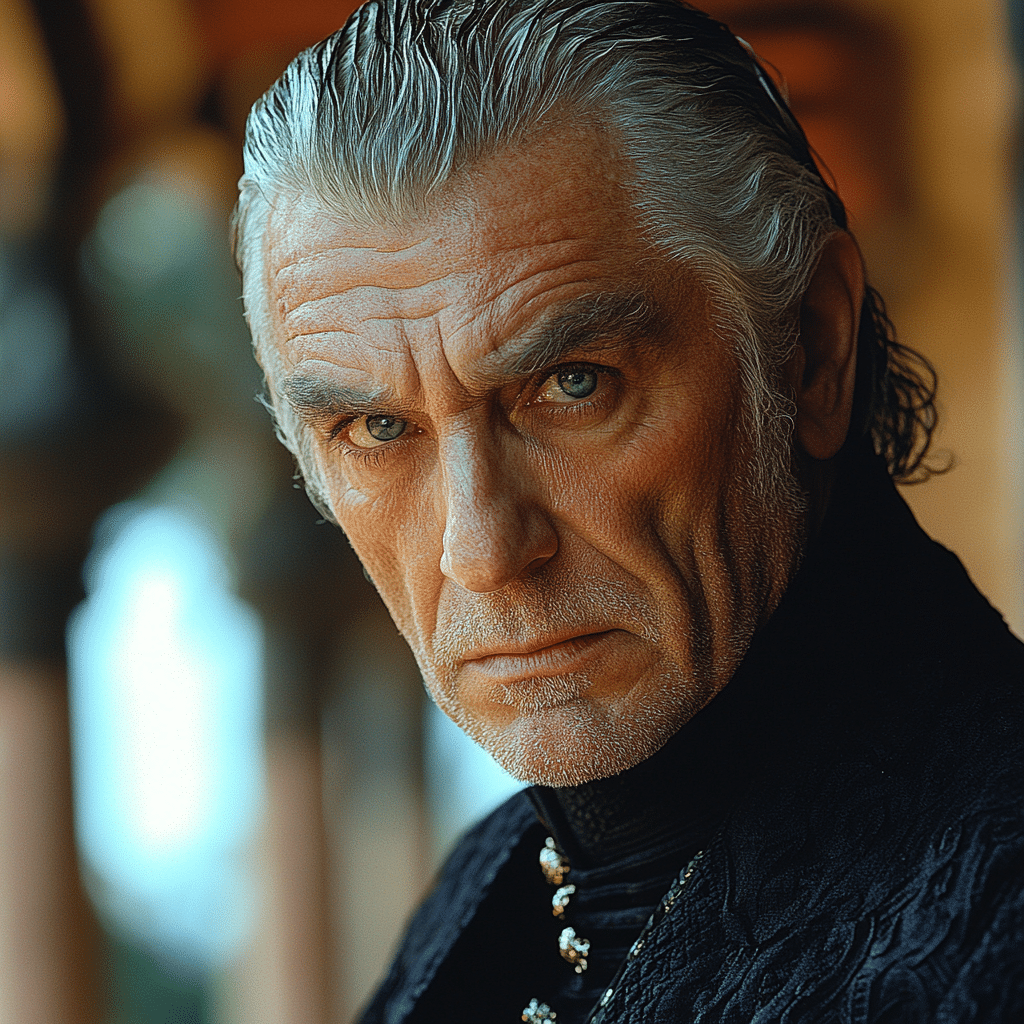
The Evolution of Scorsese’s Thematic Interests
As we walk through the martin scorsese filmography, clear themes emerge. Guilt, redemption, and the moral struggles of his characters are prevalent throughout. You can see how his collaborations with actors like De Niro and Leonardo DiCaprio amplify these narratives. Besides those giants, it’s worth mentioning Nicolette Scorsese, who adds significantly to the collaborative essence of his work.
With time, Scorsese’s themes have not only evolved but also deepened in resonance. He tackles tough questions about morality and ambition, exploring what it means to pursue dreams when those dreams might corrupt our core values. His films prompt us to reflect on our own lives and aspirations, giving us more than just a story to watch.
The emotional weight of his narratives brings characters to life in ways that resonate with audiences. Scorsese has an uncanny ability to engage viewers, pulling us into their struggles and triumphs. He makes us consider: Is the American dream worth it when it’s tied to moral compromise?
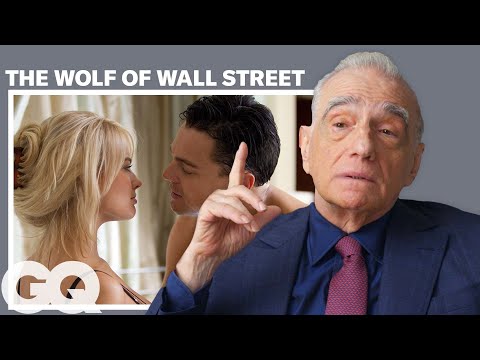
Scorsese’s Unique Lens on American Culture
Looking beyond the narratives, Martin Scorsese’s films serve as mirrors reflecting societal issues. They provide critical commentary on American culture, particularly the duality of the American dream, where ambition often comes hand-in-hand with ethical conflicts.
Scorsese captures urban life in all its gritty glory, portraying cities as living, breathing entities. The vibrancy and decay of these environments encourage audiences to confront often uncomfortable truths about society. His lens begs the question: What does it mean to chase success when the path is riddled with obstacles, both societal and personal?
His storytelling invites us to engage with these realities, often forcing us to re-evaluate what we think we know about crime, ambition, and the American experience.
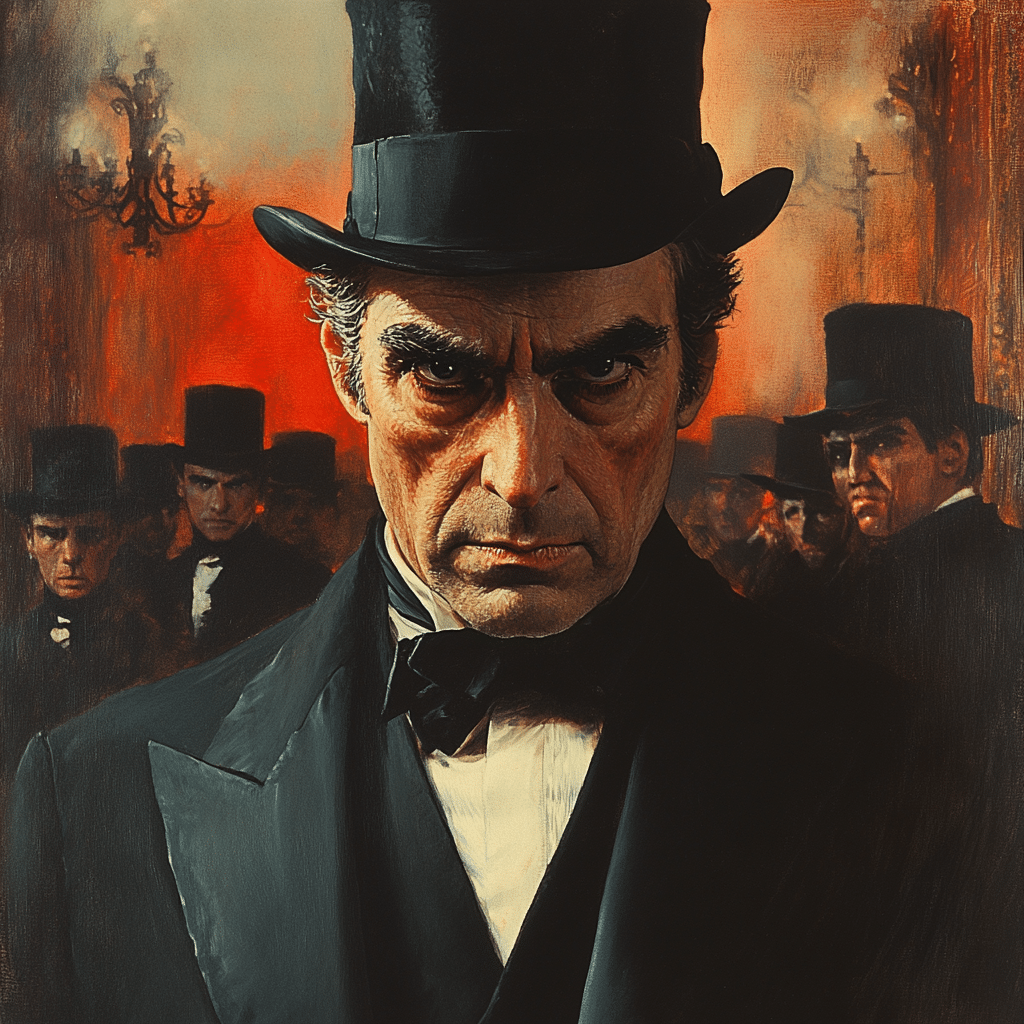
The Impact of Innovation on Scorsese’s Craft
Innovation has been a cornerstone of Scorsese’s career. He’s never shy about pushing the envelope with editing, music, and structure, making his films as much a visual experience as they are a narrative one. The iconic freeze-frame in “Goodfellas” or the moody soundscapes in “Shutter Island” showcase his genius.
By experimenting with these techniques, Scorsese redefine genres and captivate audiences anew. He’s known for his passion for cinema, always seeking to enhance the viewing experience while exploring profound themes. Each film builds on the last, showcasing his growth and the ever-changing landscape of film.
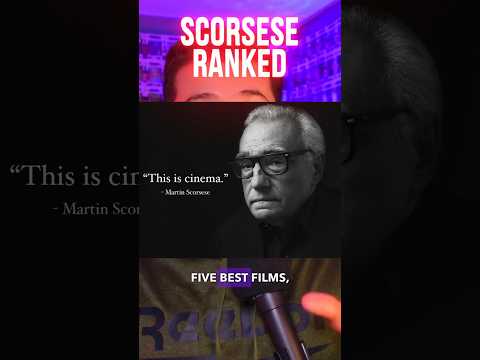
Reflecting on a Legacy: Martin Scorsese’s Contribution to Cinema
Diving deep into martin scorsese filmography reveals a legacy that goes beyond entertainment. His films provoke thought, spark conversation, and cultivate a love for the art of filmmaking. As he gears up for future projects, Scorsese’s influence remains undeniable.
He’s not just a director; he’s a storyteller who reshapes modern cinema’s landscape. His films compel us not only to watch but to engage with the complexities of human experience. With every project, Scorsese invites audiences—and aspiring filmmakers—to dive into the rich world of storytelling.
So, if you’re looking to appreciate the depth of cinema, grab some quicken home And business tools and get comfortable. The exploration of Scorsese’s artistry is only just beginning, promising new narratives and discussions for years to come.
Martin Scorsese’s cinematic journey is a testament to what it means to be truly great in the film industry. From the dark underbelly of crime to profound existential questions, his work asks us to reflect on the human condition itself. And trust us—once you dive into his world, you won’t see movies the same way again. So go ahead and check out those films (and keep an eye out for familiar faces like Jake Webber along the way)!
Martin Scorsese Filmography: A Deep Dive into Cinematic Brilliance
Behind the Scenes of Scorsese’s Masterpieces
Did you know Martin Scorsese’s filmography is a treasure trove of innovation? While some may think of his works as just gritty crime dramas, they actually stretch across various genres, blending intensity with artful storytelling. Interestingly, Scorsese’s directorial approach often resembles a Goldilocks scenario — he finds just the right balance between chaos and control that resonates with audiences. Take, for instance, his iconic film “Goodfellas, which is often hailed as one of the greatest movies of all time. Its seamless narrative and dynamic pacing set a precedent for the genre.
Another fun tidbit? Scorsese’s films often lead to stunning collaborations, with actors like Robert De Niro and Leonardo DiCaprio bringing his vision to life. Speaking of dynamic duos, did you know Brigitte Macron is said to have a surprising connection to Scorsese’s inspirations? The intersection of culture and cinema truly enriches the storytelling experience. Similarly, exploring the cultural significance in films like “The Irishman” allows fans to understand the nuances that make his work truly special.
Scorsese’s Distinct Style and Cultural Impact
Diving deeper into Scorsese’s filmography, you’ll find a rich tapestry of themes such as redemption, faith, and moral ambiguity. His ability to portray complex characters resonates on multiple levels, much like how Regigigas in gaming lore has an aura of mystery and strength. Scorsese’s portrayal of flawed characters often incites conversations about morality that go beyond the screen — a hallmark of his storytelling.
Another interesting angle is Scorsese’s connection with music, which often serves as an emotional backdrop to his films. His meticulous attention to soundtracks complements the rich narratives presented. This becomes particularly evident in films like “Casino” and “Mean Streets,” where the music isn’t just background noise but a character in its own right. On social media, figures like Twitter Rick wilson regularly share insights and critiques that engage audiences in discussions about the cultural footprint of Scorsese’s films. It’s this kind of ongoing dialogue that keeps fans hooked on his work, always yearning for more.
In summary, the Martin Scorsese filmography is not only a journey through masterful cinema but also a mirror reflecting societal values and personal philosophies. Each film feels like a distinctive chapter that adds to the larger narrative, much like Harold Perrineau Movies And TV Shows, which navigate themes of identity and transformation. Fans cherish not just the movies, but the debates and thoughts they inspire long after the credits roll.
